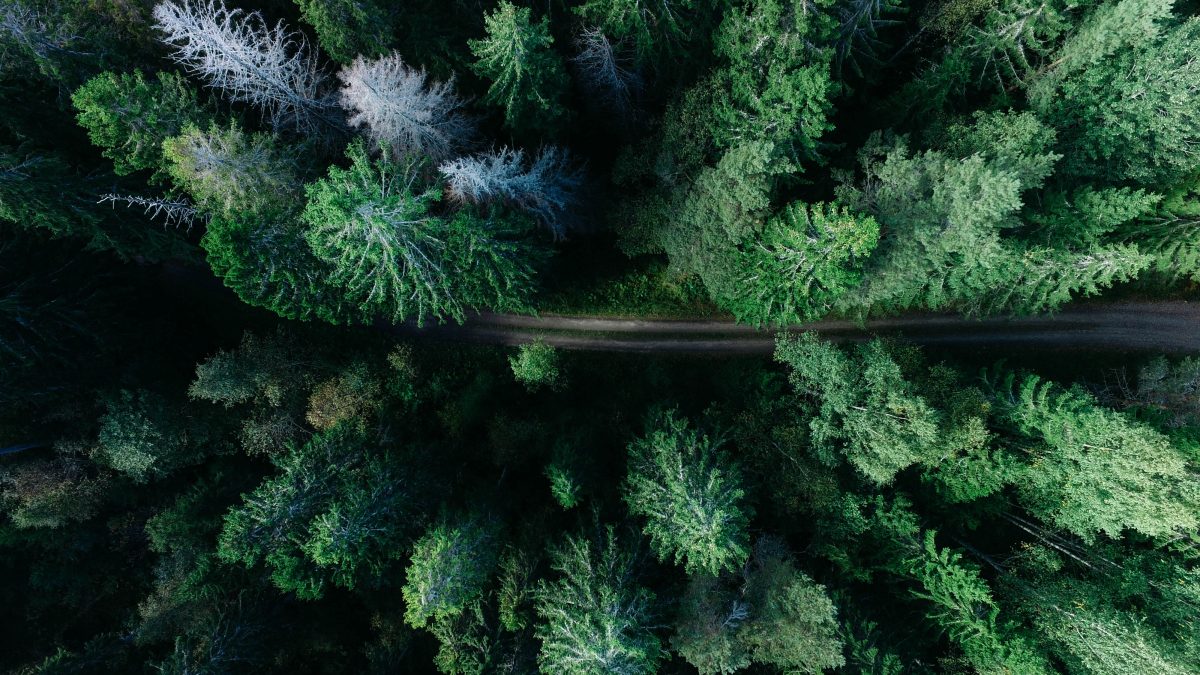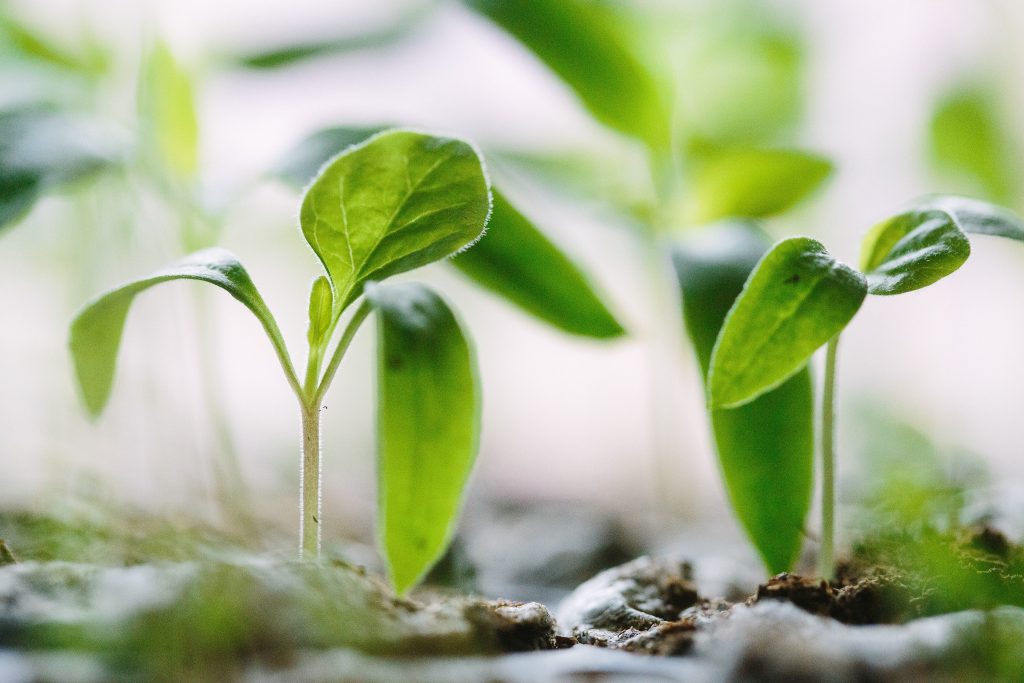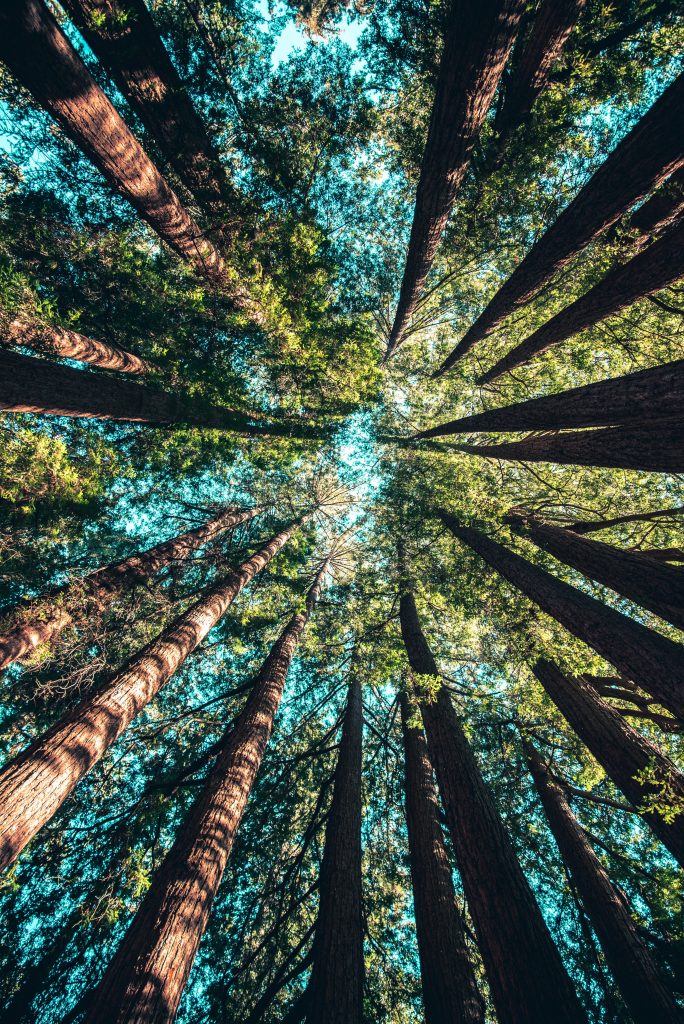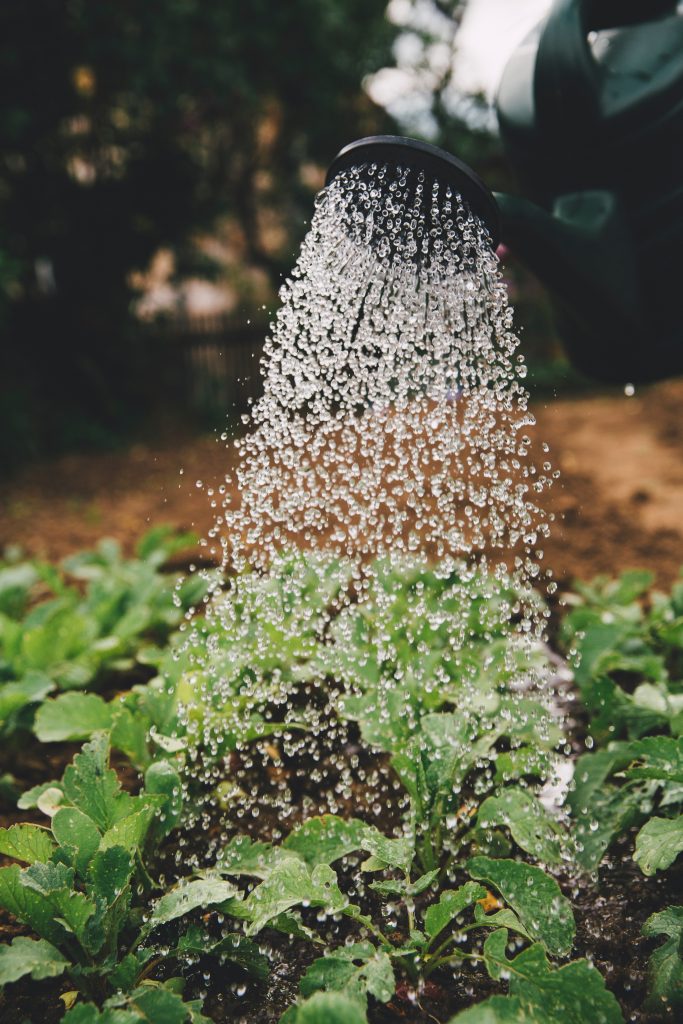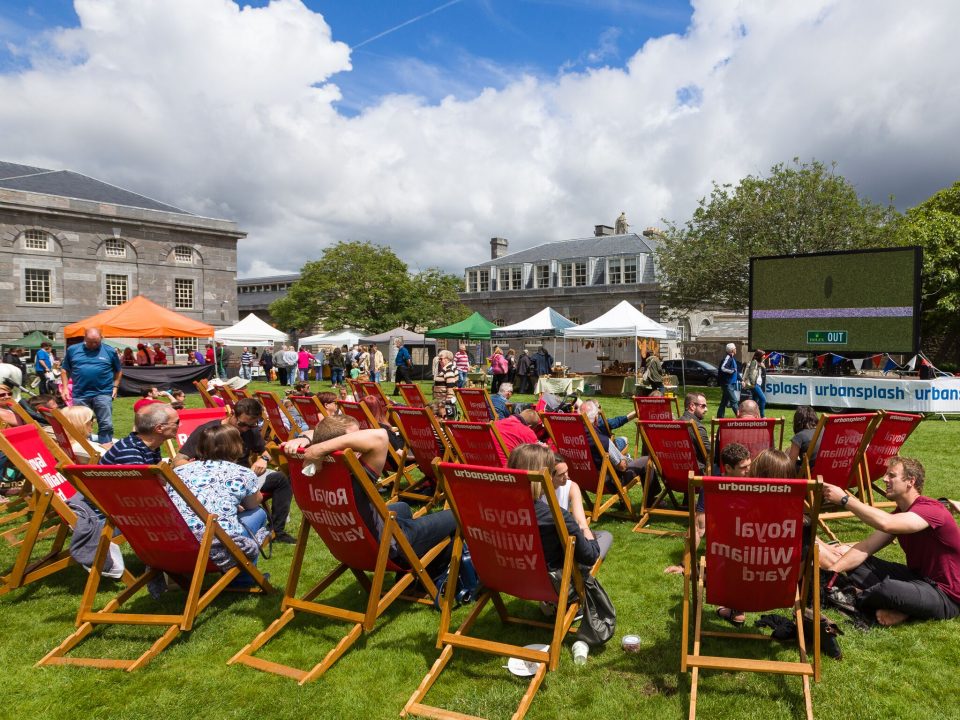International Day of Forests

Business Profile: Howard & Over Solicitors
24th February 2020
Debt Awareness Week
24th February 2020The importance of forests cannot be underestimated, and they are a part of our lives more than we realise. The 21st March brings us International Day of Forests and by understanding their importance to life and learning how we can protect them is the first step to forest sustainability!
In the South West, we are blessed to be surrounded by beautiful coastlines and greenspace but unfortunately, we are all guilty of taking it for granted and causing environmental damage by not understanding how the way we live impacts this system that provides us with life. With the evergrowing pressure to help preserve and protect the environment, understanding the importance of forests to us is a crucial step to making a difference.
We depend on forests for our survival, from the air we breathe to the wood we use. Besides providing habitats for animals and livelihoods for humans, forests also offer watershed protection, prevent soil erosion and mitigate climate change. Yet, despite our dependence on forests, we are still allowing them to disappear.
International Day of Forests aims to help raise awareness of how much forests mean to us and educate us on how we can help preserve the beauty that mother nature gifted us with.
Global warming is no myth and it’s certainly not slowing down, meaning we’ve got to be proactive and do our bit even if it’s a small change to our habits.
Forests cover nearly a third of all land on Earth, providing the vital organic infrastructure for life to thrive on our planet, supporting countless species – including our own. But we are all guilty of taking our green spaces and forests for granted by not considering how we live affects them negatively.
Every year millions of acres of forest are cleared by humans for housing, farming and industrial purposes so we can create ‘vital’ products such as paper, medicine and timber. We are quick to destroy forest areas such as tropical regions like the Amazon rainforest where deforestation threatens some of the most valuable ecosystems on earth. Unfortunately, the rate at which forests are replaced is too slow, having a detrimental effect on humans as well as the ecosystems that once existed in the forests.
Human impacts have already led to the loss of around 40% of the world’s forests. And today, an area the size of a football pitch is still being destroyed every second. Protecting and restoring forests has never been more urgent.
It’s time to stop and think about what forests mean to us and how we can help preserve them.
Forests pump out the oxygen we need to live and absorb the carbon dioxide we exhale. A single mature, leafy tree is estimated to produce a day’s supply of oxygen for anywhere from two to 10 people. We underestimate how indispensable forests are to everyone on the planet and as humans we rely on forests to help us survive, without these vital spaces our existence may cease.
Forests are more than just a bunch of trees. When we take away the forest, it is not just the trees that go. The entire ecosystem begins to fall apart, with dire consequences for all of us.
Nearly half of Earth’s known species live in forests, including 80% of biodiversity on land. That variety is especially rich in tropical rainforests, but forests teem with life around the planet: Insects and worms work nutrients into the soil, bees and birds spread pollen and seeds, and keystone species like wolves and big cats keep hungry herbivores in check. Biodiversity is a big deal, both for ecosystems and human economies, yet it’s increasingly threatened around the world by deforestation.
It’s not just other living creatures that use forests as their natural habit. It’s estimated that nearly 300 million people across the globe live in forests, including an estimated 60 million indigenous people whose survival depends almost entirely on native woodlands.
If we continue to destroy forests at a rapid rate, we will face horrible consequences.
Forests affect our lives every day, if you’ve had your breakfast, sat on a chair, made a shopping list, read a book, used a tissue to catch a sneeze or travelled by bus or car – forests had a vital part to play in each of those things whether directly or indirectly.
With better protection, forests can continue to provide a welcome home for wildlife and resources for indigenous people and local communities. And, globally, they can keep providing us all with essentials such as fresh air and clean water. With better management, we can boost timber production without damaging the local environment. And with better planning, we can produce enough food for growing populations without having to convert forests to farmland.
We can even go further, by replanting and restoring forests that have been destroyed or degraded. This can help combat the climate, extend and reconnect wildlife habitats, and reduce problems like flooding and erosion.
The preservation of forests isn’t only important for places such as South America, Africa or Asia where forests take up a large proportion of the land right, forestry conservation in the UK is just as important.
The UK is estimated to have 3.19 million hectares of woodland, equating to 13% of the total land area in the UK. (Forest Research – 13th June 2019).
Conservation of wildlife in the UK is often overlooked due to the media focusing on larger and more pressing global issues than what’s happening here in the UK. Protecting our forests in the UK has never been as important as it is now with climate change having a huge impact on our own forests and wildlife.
It’s only right that we try to protect as many plants and animals as possible. British staples like badgers, goldfinches, otters and weasels don’t have many places left for suitable habitation. Every living creature is important, and well-maintained woodland is key to fostering the survival of wildlife for years to come. Education sits at the forefront of international forest day, if we become educated we can be more proactive in helping preserve the natural habit surrounding us.
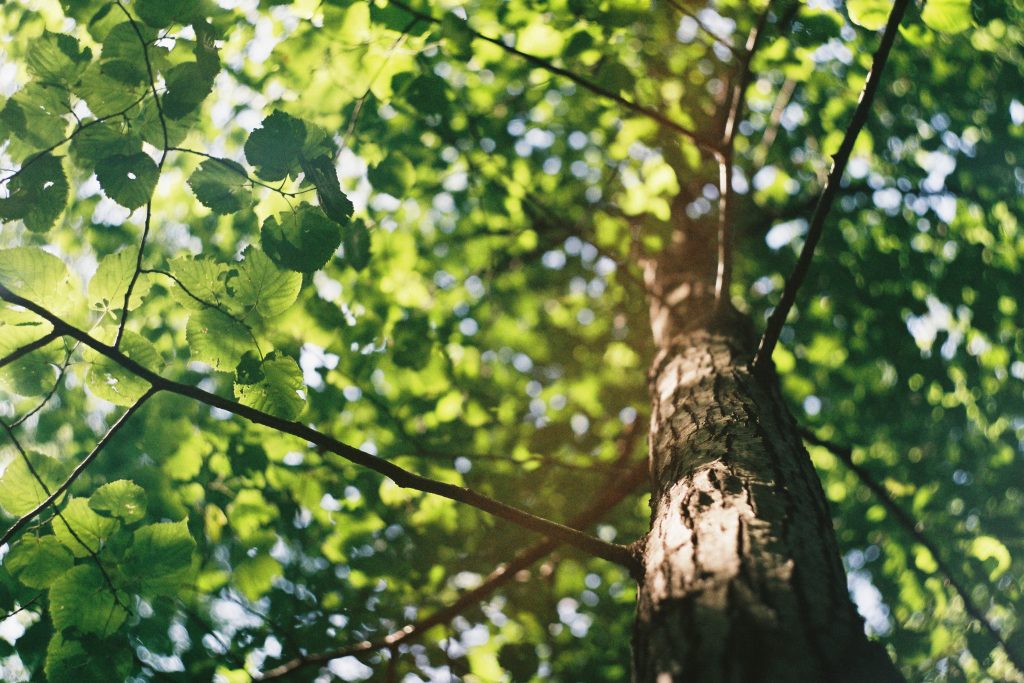
On average, a UK citizen is responsible for three tonnes of carbon emissions a year. The Forestry Commission estimates that a hectare of woodland can void the effects of two cars’ worth of fuel output over four to six decades. Since there are over two million hectares in this country, that’s a significant, pro-green difference. So, aside from renewing us with their visual beauty, trees and plants also help to balance the atmosphere and reduce CO2.
Not only do forests provide us with the means to survive, but the beautiful scenery and green space also allow us the opportunity to get out and about to enjoy nature at its finest.
In Plymouth, we are situated on the doorstep of Dartmoor National Park where 368 miles of land sits.
On the east side of Plymouth lies Cann Woods, also known locally as Plym Forest, in the valley of the stunning River Plym. Covering an area of some 230 hectares, Cann Wood is an excellent example of mixed forest with areas of newly planted coniferous and broad-leaved woodland.
Walk, cycle or picnic whilst taking in the beautiful views and wildlife captured in the valley. Cann Woods is host to two walking trails, various mountain biking tracks, segway, horse riding and a large picnic area to enjoy a delightful afternoon out with your family. Get in touch with mother nature as you explore Cann Woods for a dog walk or maybe even a morning run.
The UK is host to a huge range of Go Ape adventures, designed to inspire you to get out and enjoy the beauty of our forests from the treetops. Nestled in 3500 acres of woodland with the stunning backdrop of the Dartmoor, lies Go Ape Haldon where you can appreciate our forests and all their beauty whilst you climb through the trees. Or you could enjoy a leisurely walk or bike ride, taking your pick from four walking trails and five high-adrenaline cycling trails.
Along with sensory activities, forests also provide us with a sense of community.
 New home developments that are building over green spaces are pledging to put the sustainability of our forests and land as one of their top priorities. Sherford is the most notable development focusing on sustainability. Having spent over two decades in the planning and located in one of Devon’s most picturesque areas, Sherford is set to support a community of over 12000 people in 5500 homes.
New home developments that are building over green spaces are pledging to put the sustainability of our forests and land as one of their top priorities. Sherford is the most notable development focusing on sustainability. Having spent over two decades in the planning and located in one of Devon’s most picturesque areas, Sherford is set to support a community of over 12000 people in 5500 homes.
Creating a sustainable, high-quality, inclusive and diverse community has been a key driver of the entire Sherford project, not only to support the economic growth of the local area but also to ensure that it will be one of the most environmentally friendly areas in the South West.
The objective has been to create a community which not only respects and enhances the surrounding environment and its diverse wildlife but also enables and supports sustainable methods of construction. The first residents are already benefiting from sustainable ways of living, including significantly reduced energy supply requirements and energy-efficient homes.
During the construction of Sherford, materials such as rocks, timber, metal and plasterboard are being recycled. 85% of waste materials are being recycled, while others are being reused to construct the town’s roads and home foundations. And a massive 255,000 plants, trees and shrubs have been planted, along with more than 3000m2 of wildflower seeds sown.
The Sherford Consortium is making a difference to the local area and community by ensuring sustainability is at the top of its priorities.
We can all do our bit to help combat climate change to protect our forests, there are endless ways to make a difference from changing your diet by cutting down on meat and dairy, choosing more sustainable options when it comes to materials by opting for bamboo or recycled paper or by using alternative methods of transport by taking the bus, walking or lift sharing to work, all will help reduce your impact on the environment.
To educate yourself about the importance of forests, climate change and what you can do to help, head to www.forestryengland.uk or www.wwf.org.uk.

